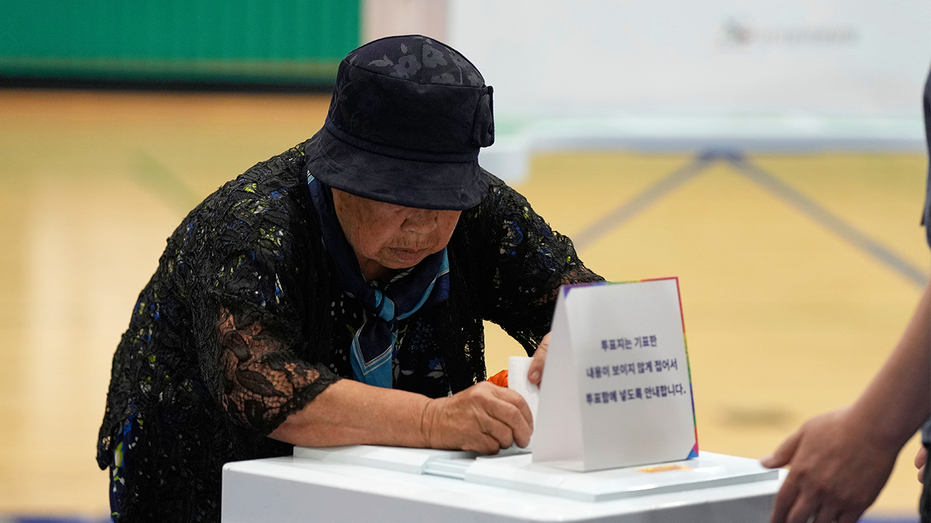South Koreans Vote in Presidential Election Following Yoon's Ouster Amid Martial Law Controversy
South Koreans head to the polls Tuesday in a snap election amid political turmoil after the ousting of President Yoon Suk Yeol.

Millions of South Korean voters headed to the polls on Tuesday for a pivotal presidential election, unexpectedly held after the dramatic ousting of former President Yoon Suk Yeol. The snap vote takes place under extraordinary circumstances, with Yoon, a conservative, now facing trial on rebellion charges after his controversial martial law declaration in December rocked the nation and led to his impeachment.
The political atmosphere ahead of the election has been electric. Massive protests and counter-demonstrations have filled the streets of major cities over the past six months, reflecting both outrage and support for the deposed president. The division has left the electorate deeply polarized as they contemplate the future direction of the country.
Pre-election opinion polls indicated that Lee Jae-myung, the leading liberal candidate and Yoon’s principal rival, enjoyed a substantial lead as public frustration simmered against the conservative bloc in the wake of Yoon's abrupt martial law move. Lee, representing the Democratic Party and a key figure behind Yoon’s impeachment, has campaigned on promises to restore democratic norms, address economic sluggishness, and heal social rifts. In his final rally, he called for voters to "deliver a stern and resolute judgement" against the conservatives, equating the opposition's potential victory to the "return of the rebellion forces" and warning against a rollback of democracy and human rights.
The main conservative candidate, Kim Moon Soo, faces an uphill battle as he tries to broaden his appeal beyond the party base. His campaign has been hampered by internal strife within the People Power Party over how to handle Yoon’s legacy and actions. Kim has warned of the dangers of one-party dominance, accusing Lee of seeking to amass unchecked power and drawing stark comparisons to authoritarian regimes in his efforts to rally support, particularly among swing voters in traditionally conservative strongholds such as Busan.
This high-stakes election comes at a crucial time for South Korea, with mounting anxieties over China’s growing influence, North Korea’s nuclear ambitions, and strained ties with the United States following recent trade disputes, including new tariffs imposed by U.S. President Donald Trump. The incoming president will immediately assume office on Wednesday for a full five-year term, bypassing the standard transition period—a move necessitated by the extraordinary nature of Yoon’s removal from power.
Voting began early at more than 14,000 polling stations nationwide, with turnout expected to be robust. By 2 p.m. local time, over 13 million had cast ballots, and combined with last week’s record-setting early voting, the turnout had already reached 65.5% of the country’s 44.4 million eligible voters. Polls are set to close at 8 p.m., and officials anticipate declaring a winner before midnight.
Regardless of the outcome, the new leader will face daunting challenges—rebuilding public trust, navigating economic uncertainty, and confronting escalating regional security threats. The world’s attention is fixed on South Korea as citizens decide who will steer the nation through this tumultuous period and restore stability after months of unprecedented political upheaval.




